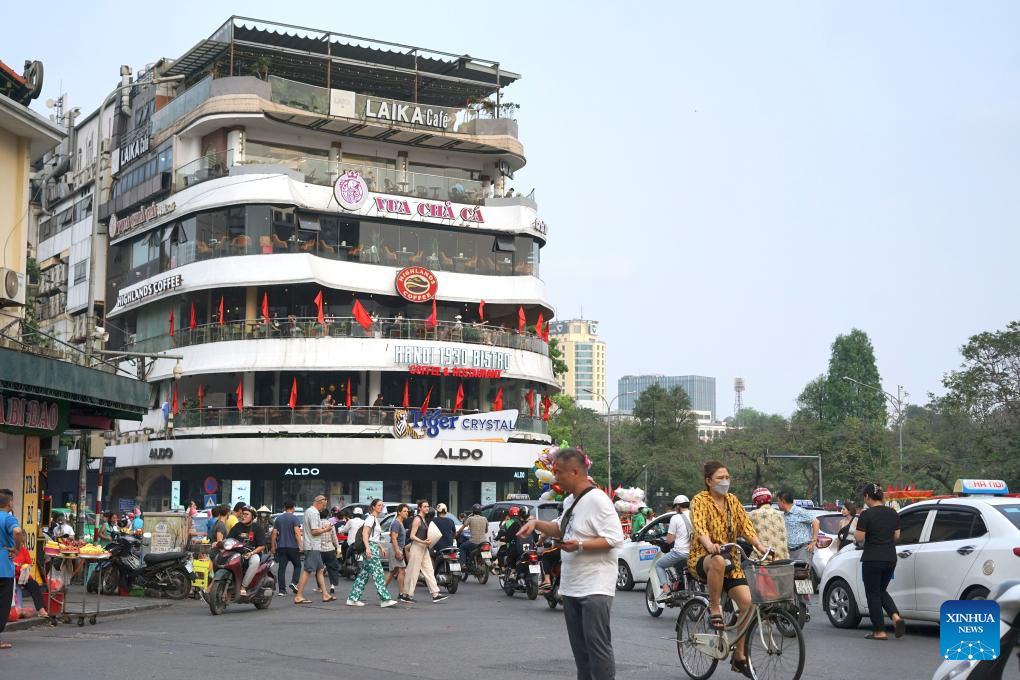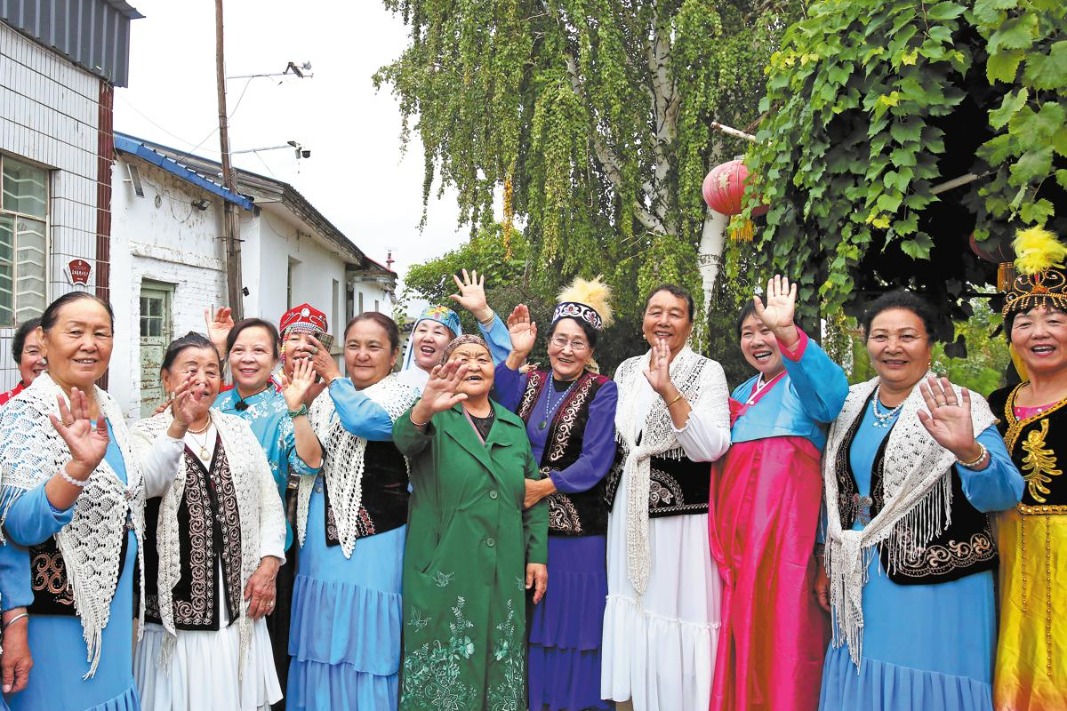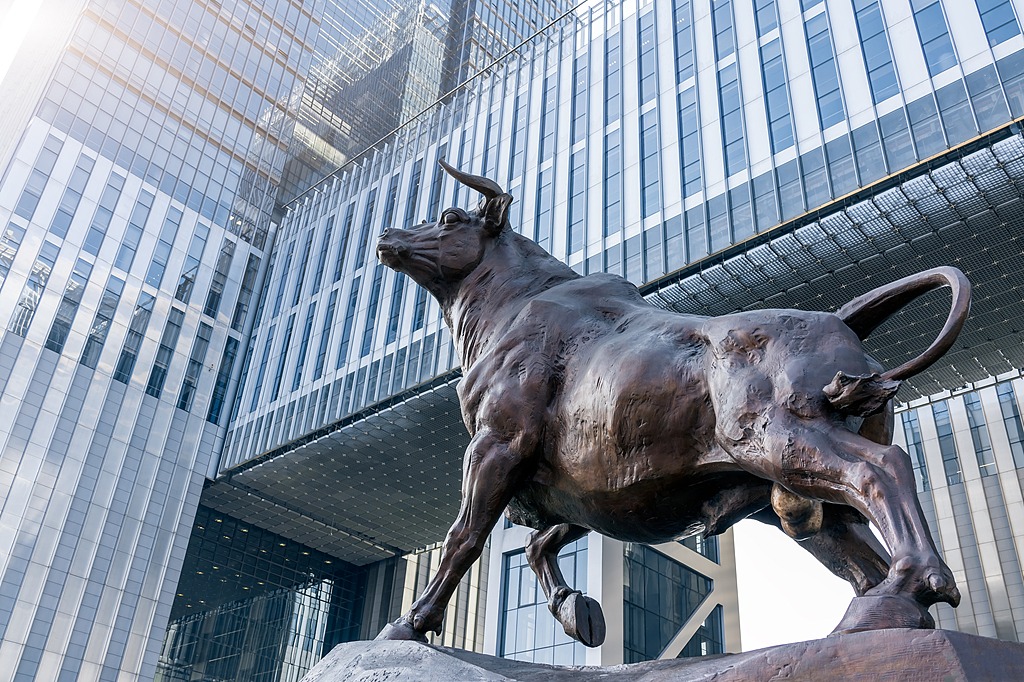Deepening ties with Beijing in Hanoi's interests


China and Vietnam have been able to strengthen their ties amid global turbulence because of their leaderships' clear understanding of the two countries' interests. Vietnam has realized that the Sino-Vietnamese relationship is the most important and complicated, and its deepening bilateral ties with China will facilitate their mutual economic growth.
From the political point of view, both China and Vietnam are socialist countries and follow similar ideology. Hence, the ruling parties of the two countries can learn a lot from each other.
Also, both China and Vietnam are developing countries, and while Vietnam's per capita GDP was about $4,000, China's was more than $12,000 in 2022. And since the two countries' industrial structures are formed by the vertical division of labor, Vietnam, which is geographically and culturally close to China, can take advantage of China's industrial upgrading and changes in the global industry chains to develop its own industries.
Besides, China was Vietnam's largest trading partner in 2022, while Vietnam remains China's largest trading partner among the members of the Association of Southeast Asian Nations. China is an important investor in Vietnam, too, with its registered capital investment in Vietnam reaching $2.5 billion in 2022. And Vietnam's coordination with China in industry chains has become a model for other Southeast Asian countries to follow, in order to increase their competitiveness.
Apart from the political and economic requirements, China and Vietnam also have strong security demands because they need a safe environment to develop into modern economies. As such, one of their common interests is to create a peaceful and stable regional and international environment.
In fact, China and Vietnam support each other on the global stage, as they have similar or the same stances on different issues. In recent years, Vietnam has adopted "bamboo diplomacy", which is flexible in nature and aimed at befriending more countries in an attempt to create a healthy global environment for development against the backdrop of China-US rivalry.
Moreover, Vietnam upgraded its ties with Japan to a comprehensive strategic partnership in November. The move followed Vietnam's upgrading of relations with the United States in September. Some say the moves signal Vietnam's intention of joining the US-led Western camp to contain China. But those who say so ignore the priority Vietnam attaches to its national interests and geopolitical issues.
Vietnam's top priority is development, not conflict with China in the South China Sea. No wonder it has reached a consensus with China on promoting peace and stability in the region, and adopted the "four noes" defense policy, which means no partaking in military alliances, no siding with one country against another country, no allowing foreign military bases on Vietnamese soil or using Vietnam as leverage to counteract other countries, and no using of force or threat to compel another country into submission.
As a matter of fact, Vietnam's definition of a "comprehensive strategic partnership" not only means security and national defense, but also trust and long-term relationship. For example, the core of Vietnam's diplomacy with the US is to seek peaceful and economic development for Vietnam's good.
Vietnam elevated its relationship with the US out of economic and political necessity. First, Vietnam is an export-oriented economy that needs the US market, and the Vietnam-US comprehensive strategic partnership can help boost Vietnam's exports to the US. And that's a major reason for it to join the "Indo-Pacific" Economic Framework for Prosperity.
Furthermore, Vietnam does not want to be excluded from the US' supply chains; instead, it wants to be a destination of US "friend-shoring" amid the US' aggressive push for "decoupling" from China.
Second, the US has sent an explicit message that ideological differences will not prevent the two sides from upgrading their partnership. The US supports a "strong, independent, prosperous and resilient" Vietnam, and although Vietnam remains wary of the US' "color revolution" strategy, it cannot refuse the US' overtures at a time of intensifying Sino-US rivalry.
And third, the elevation of US-Vietnam relations can help Vietnam further integrate into the international system and improve its position on the global stage. Vietnam is one of the few Asian countries to have good relations with all the major global powers, which helps it to get external resources to advance modernization. Although Vietnam may depend on the US' sea power to build momentum on the South China Sea issue, Vietnam will not join any US-led anti-China alliance.
Similarly, the elevation of Japan-Vietnam relations to a comprehensive strategic partnership is aimed at achieving common prosperity and promoting peace in Asia and the world. Japan is Vietnam's largest official development assistance donor, the second-largest labor partner, the third-largest investor and the fourth-largest trading partner.
Vietnam believes close Hanoi-Tokyo ties can significantly contribute to its economic development, industrialization and modernization. Vietnam also wants to deepen relations with Japan to become an important part of Japan's supply chains while Japan wants to exclude China from its key supply chains. Yet Vietnam will not become Japan's ally despite Japan providing defense facilities and technologies for Vietnam.
As for political, economic and security interests, Vietnam requires a stable and safe regional environment to achieve its goal of becoming a developed country by 2045, and China is its biggest guarantor to achieve that goal. As such, Vietnam has to deepen its cooperation with China.
The author is an associate professor at the School of International Studies, Nanjing University.
The views don't necessarily reflect those of China Daily.
If you have a specific expertise, or would like to share your thought about our stories, then send us your writings at opinion@chinadaily.com.cn, and comment@chinadaily.com.cn.


































